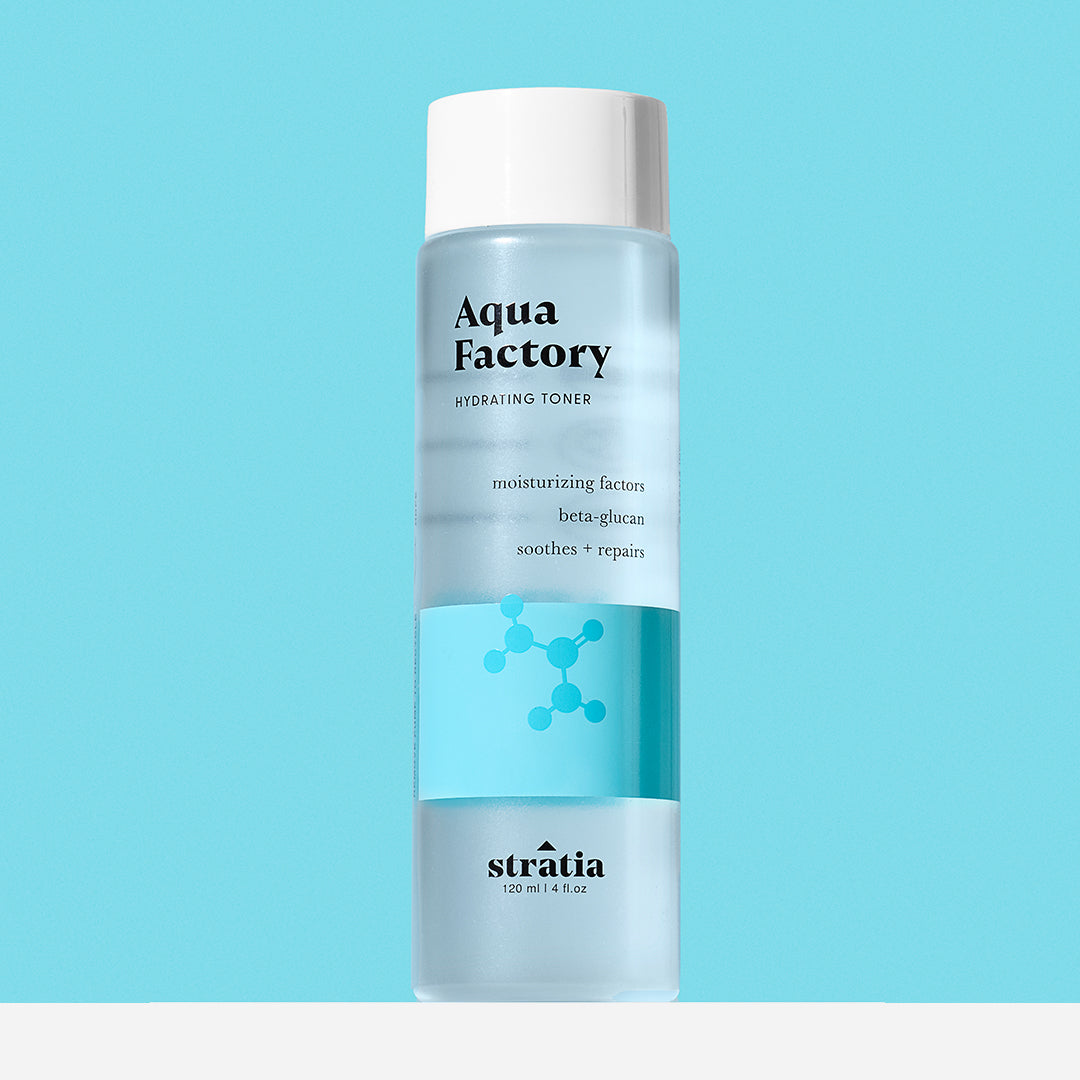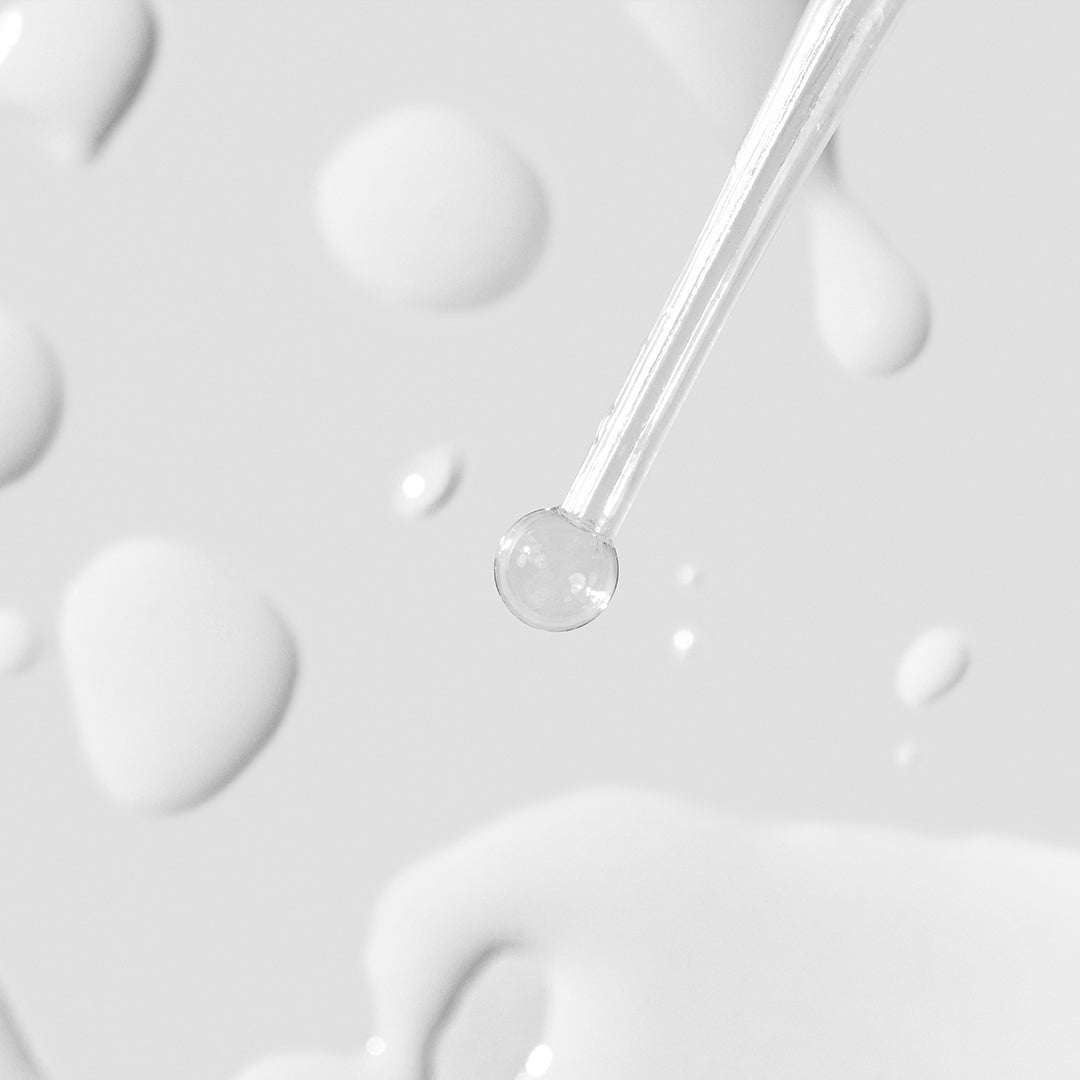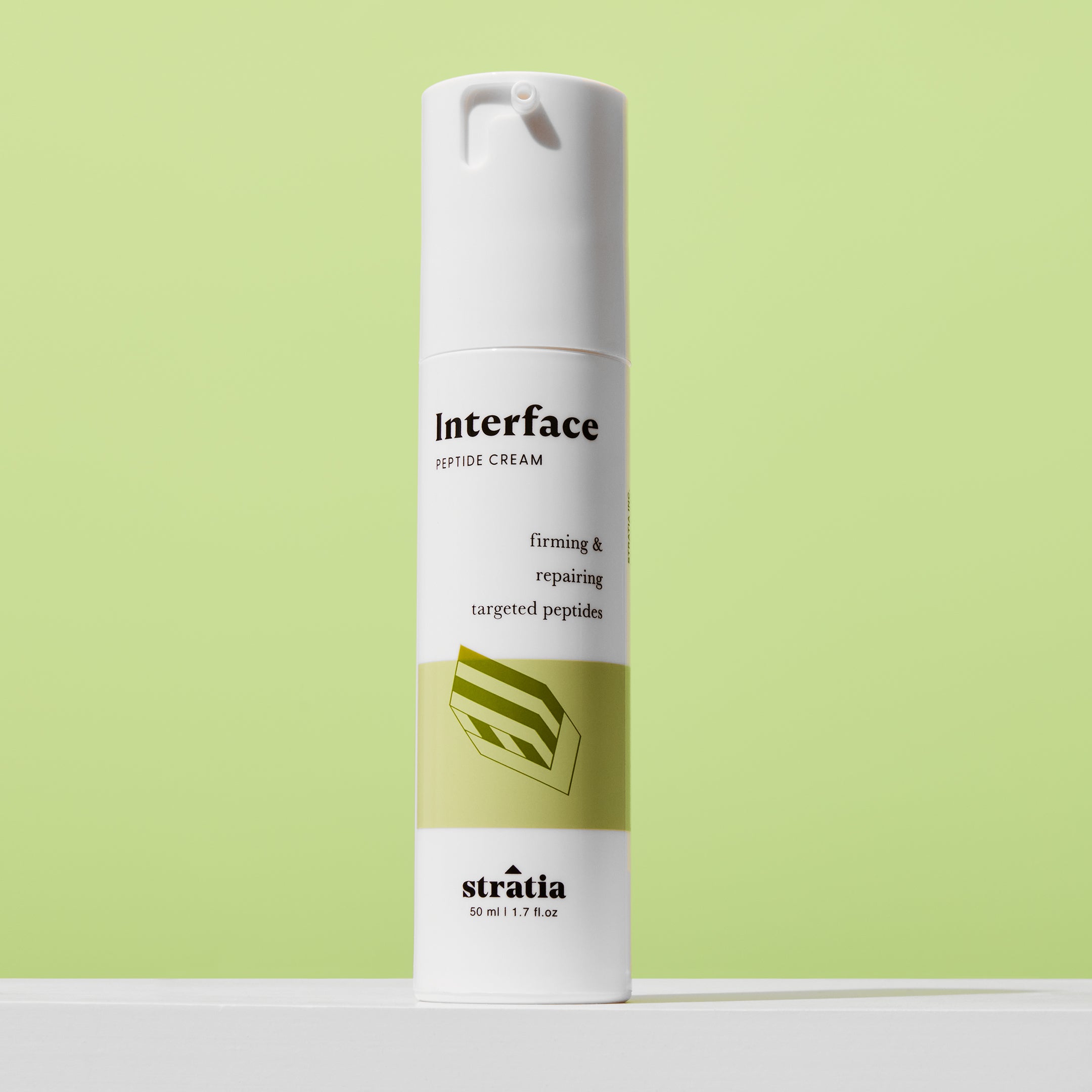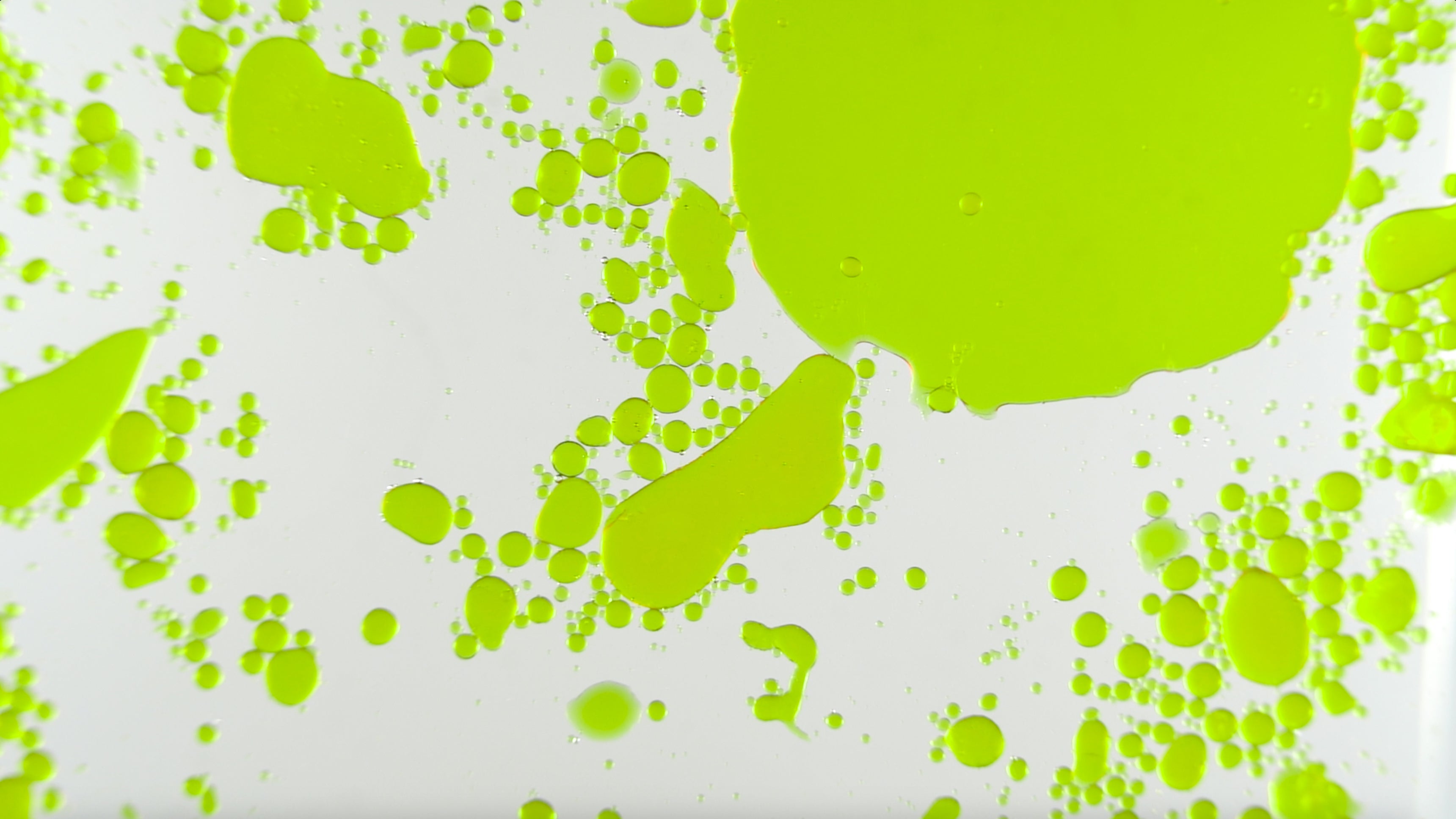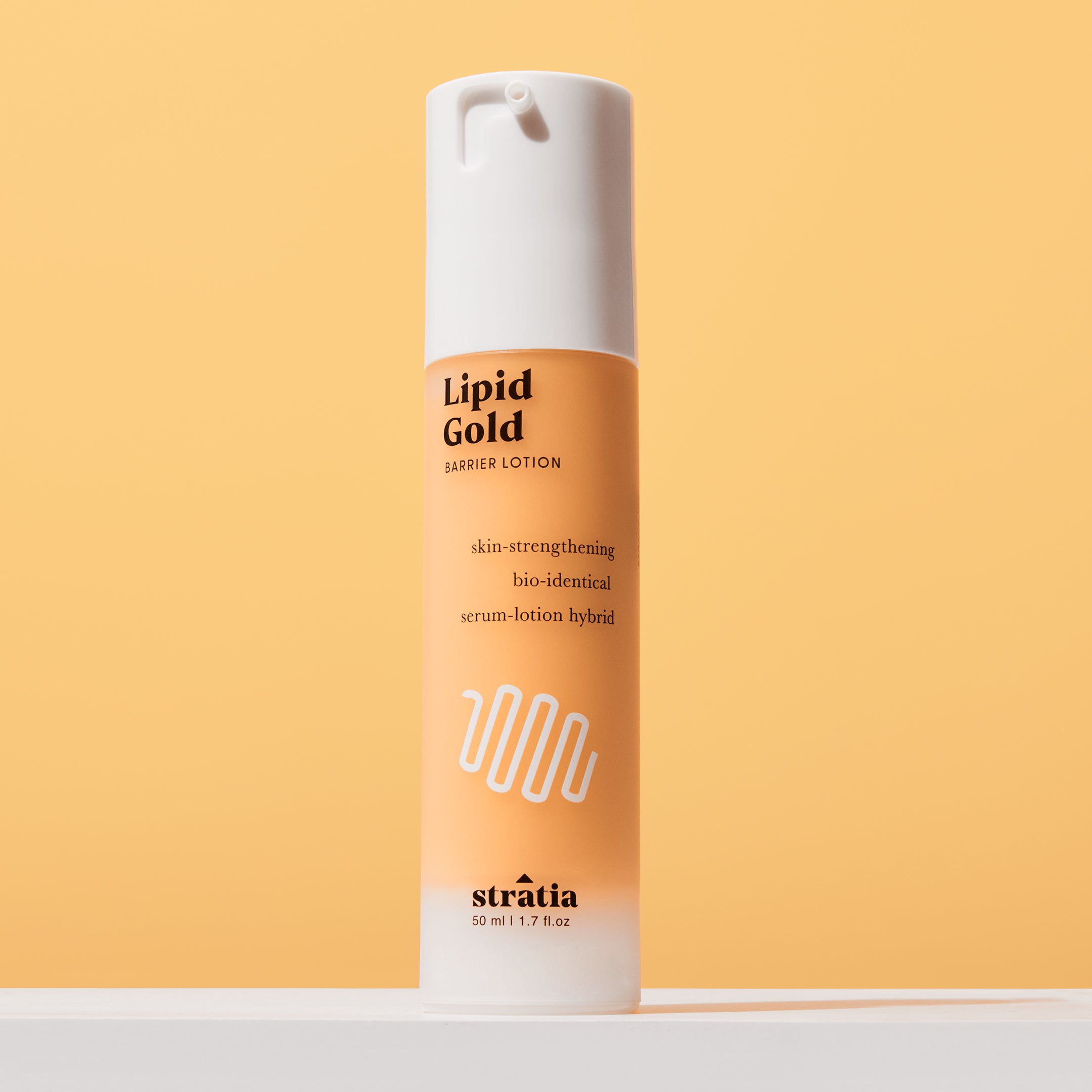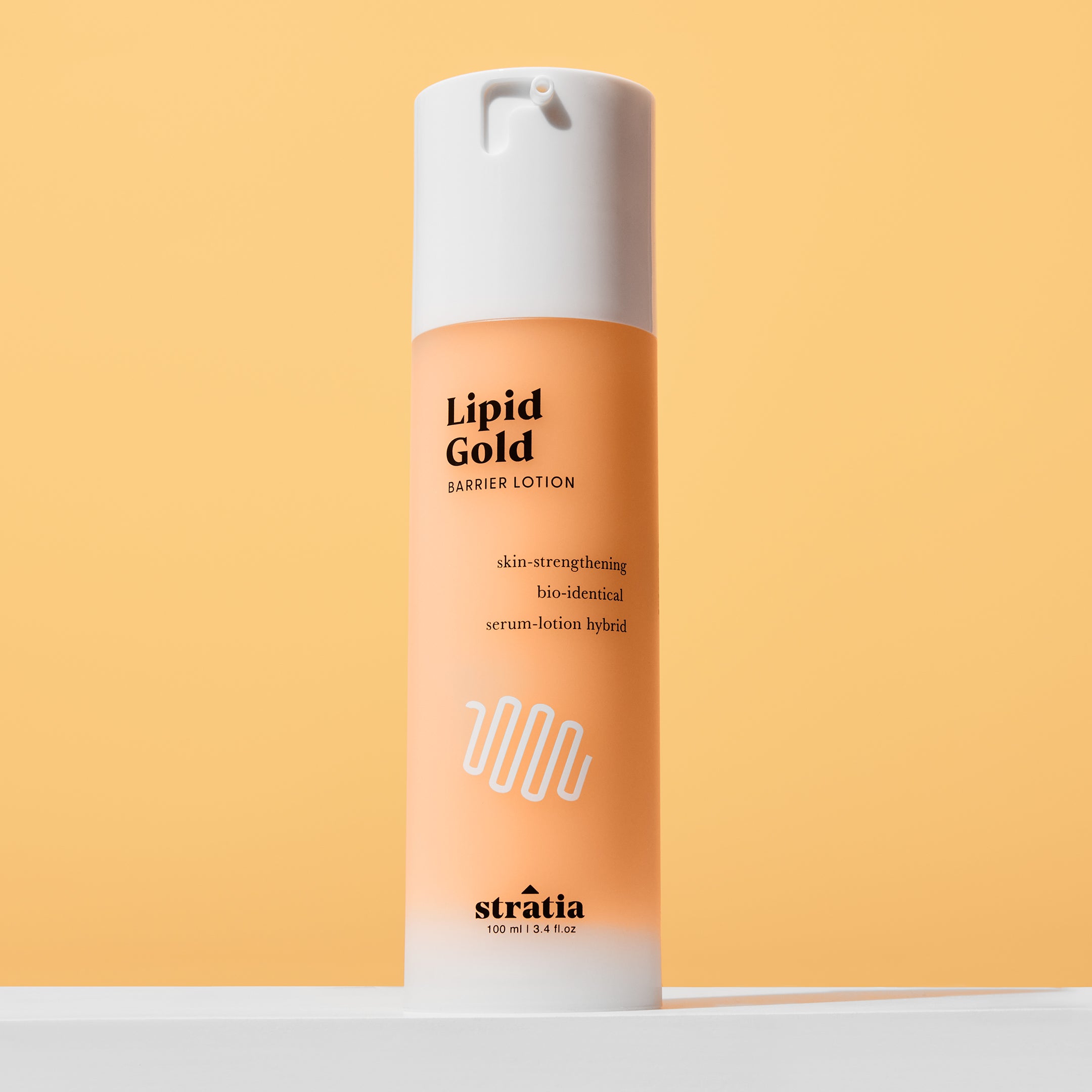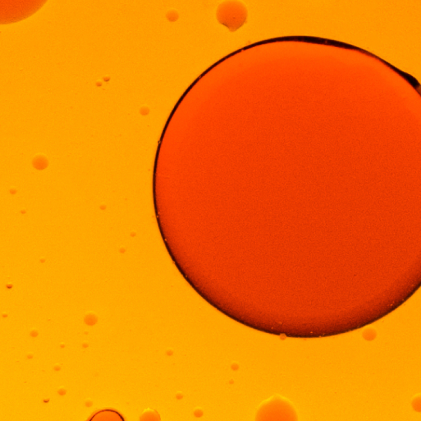Parabens have perhaps the most unearned bad reputation in all of skincare. Based on some misinformation spread by social media (and propped up by “clean” beauty brands), these helpful little preservatives have been portrayed as harmful to your health, when actually they’re anything but.
Because parabens have such a negative reputation, they’re by far the best-studied preservative on the market. Preservatives are especially tricky ingredients, because we want a molecule that will kill certain cells (like bacteria and mold) but not affect other cells (like your skin cells). It’s incredibly tricky to find ingredients that can make that differentiation, which is why many newer “clean” preservatives can be highly irritating to the skin.
Parabens are the most effective and least irritating preservative currently available to formulators. In fact, parabens were named 2019’s Non-Allergen of the Year by the American Contact Dermatitis Society. Parabens are unique in their ability to target bacteria, mold, and yeast without causing irritation to the skin.
Parabens have been featured in hundreds of safety studies, which have been summarized in the International Journal of Toxicology’s 82-page Final Safety Assessment (linked below) and found to be completely safe when used at recommended levels in cosmetics. Critical Reviews in Toxicology also published a review of the endocrine activity of parabens in humans, and concluded: “It is biologically implausible that parabens could increase the risk of any estrogen-mediated endpoint, including effects on the male reproductive tract or breast cancer.”
In addition to being perfectly safe, parabens help us formulate better skincare products. Most paraben alternatives are weaker at preventing the growth of bacteria, mold, and yeast. That means when you formulate with alternate preservatives, you have to choose your ingredients carefully so that they won’t contribute to too much pathogen growth. Some of the ingredients you have to skip include the best skincare actives, emollients, and skin-soothers. Using weaker preservatives actually means less effective skincare.
Back to Ingredients
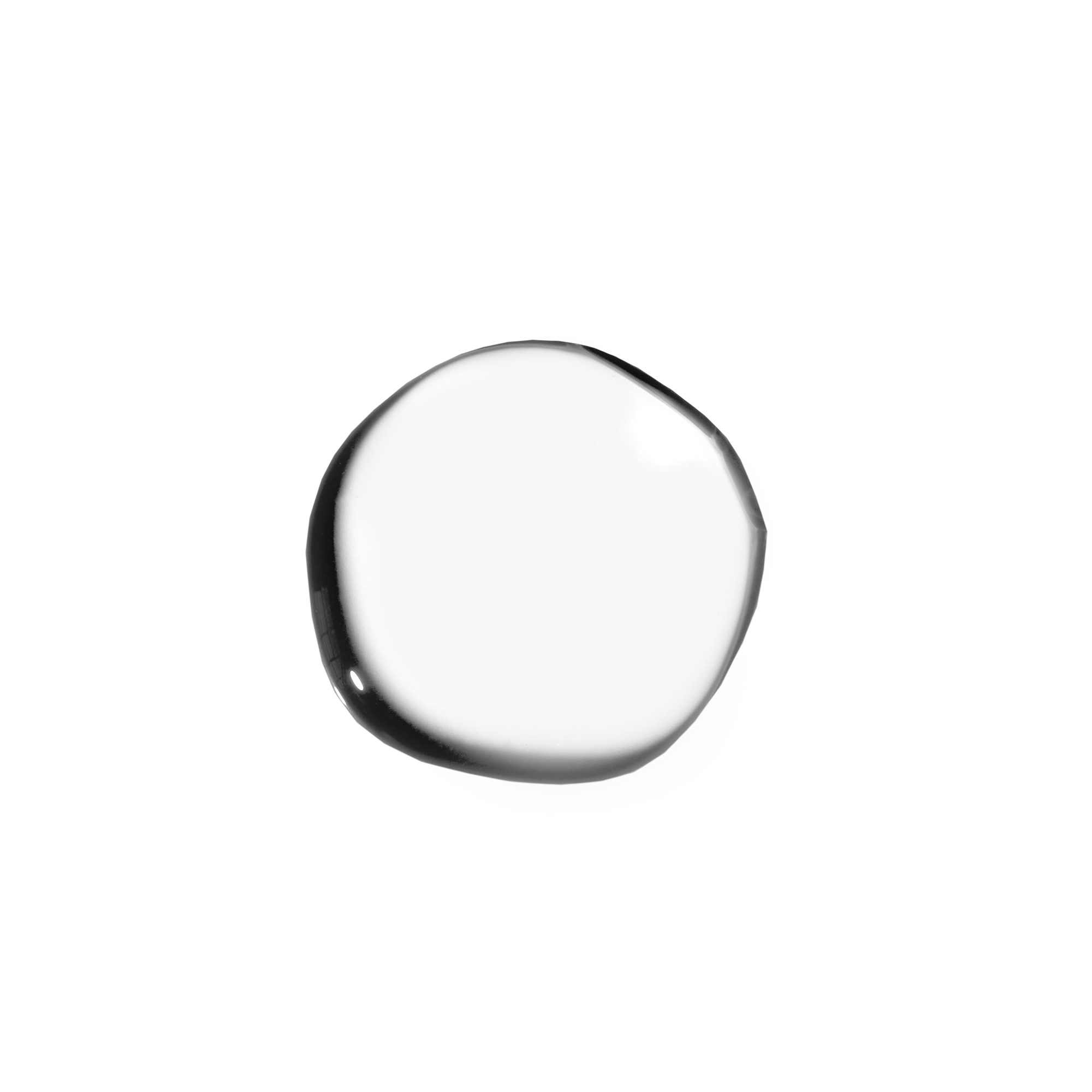
INGREDIENT GLOSSARY • Preservative
Methylparaben

AT A GLANCE
Methylparaben
A safe, non-irritating, and effective preservative that prevents bacteria, mold, and yeast growth.
Type of Ingredient
Preservative
Why we use it
Despite the fear-mongering and misinformation being spread about parabens, methylparaben is one of the safest, best-studied, and most effective preservatives on the market. Through hundreds of studies, it’s been shown to be completely safe at levels used in cosmetics. It effectively prevents the growth of harmful bacteria, mold, and yeast in a formula, without causing irritation or damage to the skin.
What it’s in
Interface, Lipid Gold, Lipid Gold Eye Cream, Rewind, Night Shift
Shop This Ingredient
